- No Products In The Cart
- start shopping
Exploring the Potential of Cannabis for ADHD Symptoms
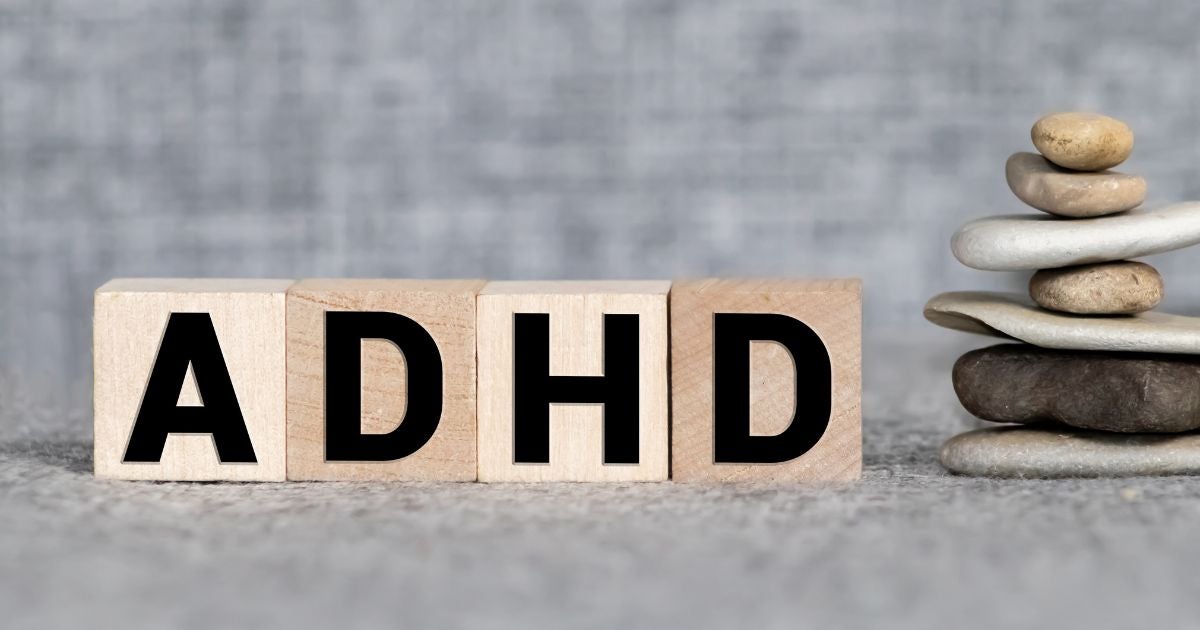
Are you curious about the potential of cannabis for managing ADHD symptoms? Wondering if it could offer a new avenue of relief. In this guide, we’ll delve into the exciting world of cannabis for ADHD, exploring its potential benefits, dosage guidelines, and expert insights. Get ready to uncover a complementary approach that just might change the game for individuals with ADHD.
Understanding ADHD and Its Symptoms
ADHD is a neurodevelopmental disorder that affects both children and adults. It is characterized by difficulties in maintaining attention, controlling impulsive behaviors, and managing hyperactivity. People with ADHD often struggle with academic and occupational performance, relationships, and overall well-being. However, it is important to note that ADHD manifests differently in individuals, and a personalized treatment approach is necessary for optimal management.
The Potential Benefits of Cannabis for ADHD
The Emerging Research
While research on cannabis and its effects on ADHD is still in its early stages, there is a growing body of evidence that suggests potential benefits. Scientists are beginning to explore the interaction between cannabinoids found in cannabis and the endocannabinoid system in the brain, which plays a role in regulating various physiological processes, including attention and mood.
Impact on ADHD Symptoms
One of the key components of cannabis is delta-9-tetrahydrocannabinol (THC), which is known for its psychoactive effects. THC has been found to potentially improve focus and attention in some individuals with ADHD. By modulating the activity of neurotransmitters, THC may help regulate the brain’s reward and attention systems, leading to improved cognitive performance.
On the other hand, cannabidiol (CBD), another cannabinoid present in cannabis, has gained attention for its potential therapeutic effects without causing psychoactive effects. CBD is believed to have anti-inflammatory and neuroprotective properties, which could be beneficial for individuals with ADHD. It may help reduce hyperactivity and impulsivity, providing a calming effect on the nervous system.
Mood Regulation
In addition to its potential impact on cognitive symptoms, cannabis may also play a role in mood regulation for individuals with ADHD. Many people with ADHD experience challenges with emotional regulation, leading to mood swings and irritability. Some anecdotal evidence suggests that certain strains of cannabis may help stabilize mood and promote a sense of calmness.
Dosage Guidelines and Considerations
It is important to note that the use of cannabis for managing ADHD is not without its considerations. While some individuals may find relief with cannabis, others may experience adverse effects or find it ineffective. Additionally, the legality of cannabis varies from country to country and state to state, so it is crucial to be aware of the laws and regulations in your jurisdiction.
When considering cannabis as a complementary approach for managing ADHD, it is advisable to consult with a healthcare professional experienced in medical cannabis. They can provide personalized guidance and help determine the appropriate dosage and strain based on individual needs. Starting with low doses and gradually increasing as necessary is typically recommended to assess the response and minimize potential side effects.
Furthermore, it is important to emphasize that cannabis should not be considered a standalone treatment for ADHD. It should be used in conjunction with other evidence-based therapies and under the supervision of a qualified healthcare professional.
Expert Insights and Conclusion
As the understanding of ADHD and cannabis continues to evolve, it is essential to seek insights from experts in the field. Researchers and healthcare professionals specializing in ADHD can provide valuable guidance based on the latest scientific evidence and clinical experience. They can help individuals navigate the complexities of managing ADHD and make informed decisions regarding the use of cannabis as a complementary approach.
Dosage and Consumption Methods
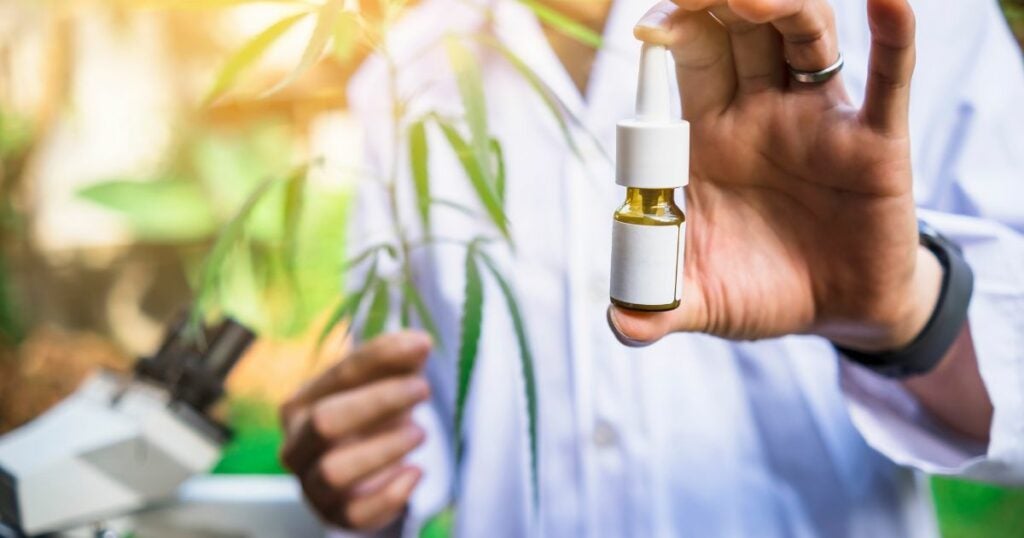
Responsible Cannabis Use and Dosage Guidelines
When considering cannabis as a complementary approach for managing ADHD, it is crucial to prioritize responsible use and adhere to dosage guidelines. The appropriate dosage can vary significantly from person to person, depending on factors such as individual tolerance, sensitivity to cannabis, and desired effects. It is essential to start with a low dose and gradually increase as needed, carefully monitoring the response and adjusting accordingly.
Consulting with a healthcare professional experienced in medical cannabis is highly recommended to determine the optimal dosage for managing ADHD symptoms. They can provide personalized guidance based on individual needs and help strike a balance between symptom relief and potential side effects. Healthcare professionals can also take into account any co-existing conditions or medications that may interact with cannabis.
Factors to Consider for Determining Dosage
Several factors should be taken into consideration when determining the appropriate dosage of cannabis for individuals with ADHD. These factors include:
- Tolerance: Individuals who have prior experience with cannabis may have developed a tolerance to its effects. It is important to consider tolerance levels when determining dosage to achieve the desired therapeutic benefits.
- Sensitivity: Some individuals may be more sensitive to the effects of cannabis, while others may require higher doses to experience the desired effects. Personal sensitivity should be considered when establishing an appropriate dosage.
- Desired Effects: The desired effects can vary among individuals. Some may be seeking relief from hyperactivity, while others may prioritize improved focus or mood regulation. Determining the desired effects can help guide the dosage and strain selection.
It is important to note that finding the optimal dosage may require some trial and error, as the response to cannabis can vary from person to person. Patience and careful observation of the effects are crucial during the titration process.
Different Consumption Methods
Cannabis can be consumed through various methods, each with its own considerations for dosage control and duration of effects. Some common consumption methods include smoking, vaping, and using edibles.
- Smoking: Smoking cannabis involves inhaling the smoke produced by combusting the plant material. This method provides relatively rapid onset of effects, making it easier to titrate the dosage. However, smoking can have potential health risks associated with inhaling combusted material, and it may not be suitable for individuals with respiratory issues.
- Vaping: Vaping involves heating cannabis at lower temperatures to produce vapor that can be inhaled. This method is often considered a healthier alternative to smoking, as it avoids the combustion of plant material. Vaping allows for precise dosage control and can provide quicker onset of effects compared to edibles. However, it is important to use reputable vaping devices and avoid additives that may introduce additional health risks.
- Edibles: Edibles are cannabis-infused products that are consumed orally, such as gummies, chocolates, or baked goods. The effects of edibles take longer to manifest, typically ranging from 30 minutes to two hours after ingestion. Dosage control can be more challenging with edibles, as the effects can be delayed and longer-lasting. It is important to start with a low dosage and allow sufficient time for the effects to be felt before considering increasing the dose.
It is crucial to note that the effects and potency of cannabis products can vary widely. The use of reputable and regulated products from licensed sources can help ensure consistency and safety in dosage control.
-
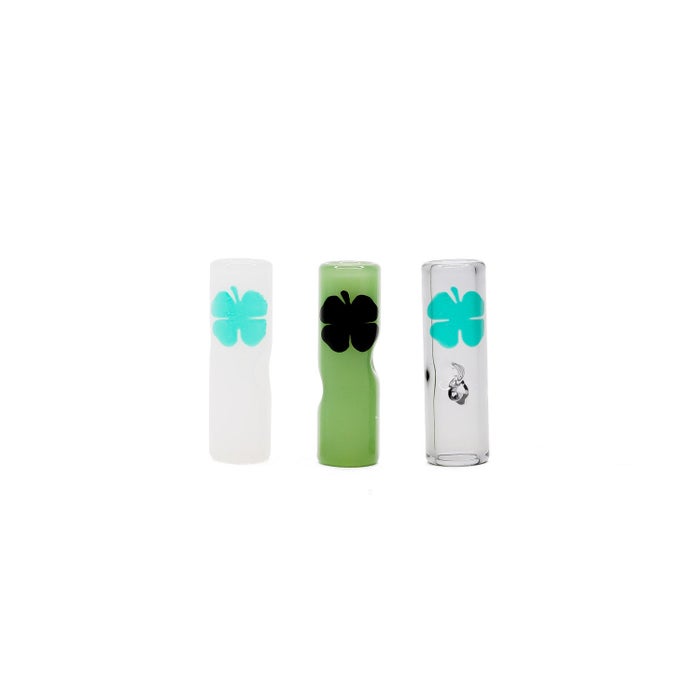 Glass Tips (Lucky Farms)$11.50 – $13.50
Glass Tips (Lucky Farms)$11.50 – $13.50 -
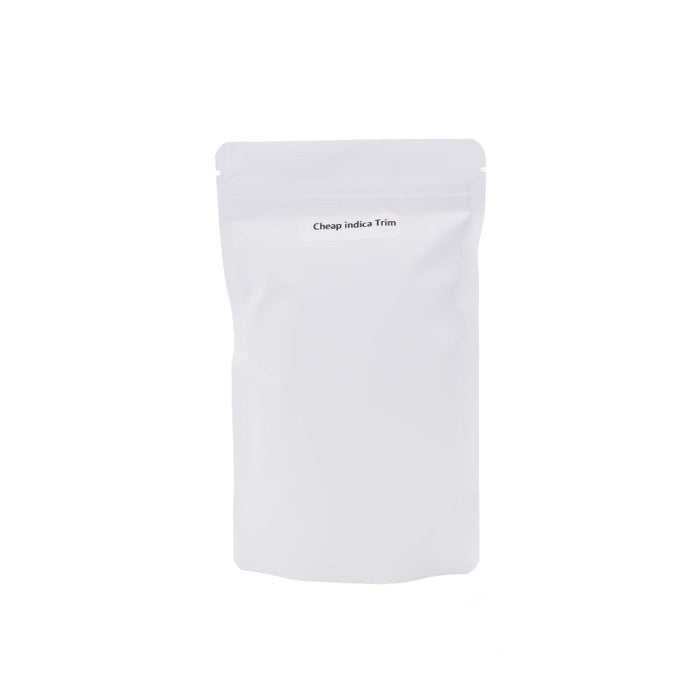 Indica Trim (3 Ounce)$55.00
Indica Trim (3 Ounce)$55.00 -
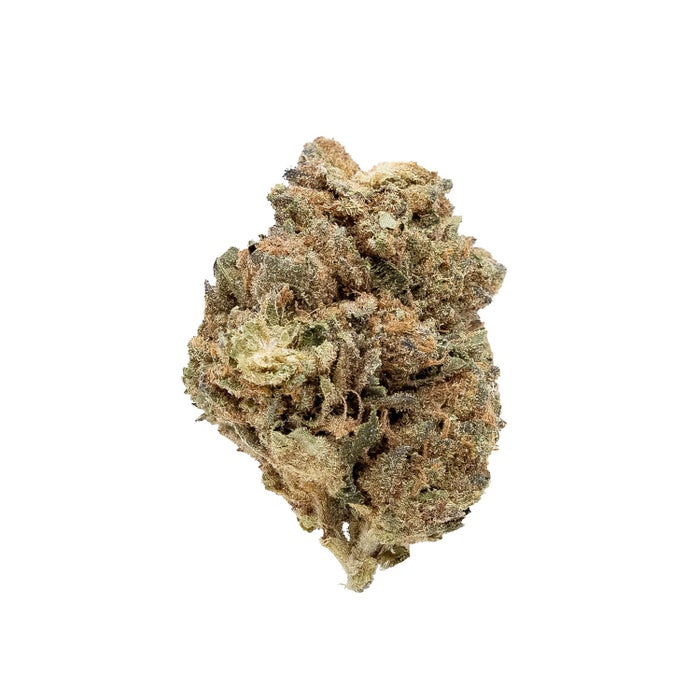 Jungle Kush (Dollar Treez)$60.00
Jungle Kush (Dollar Treez)$60.00 -
 Fruity Pebbles OG (Lucky Farms)$100.00
Fruity Pebbles OG (Lucky Farms)$100.00
Expert Insights and Recommendations
Obtaining insights from medical professionals, researchers, or specialists in the field of ADHD and cannabis can provide valuable perspectives on the use of cannabis as a complementary approach. While research on cannabis for ADHD is still limited, expert opinions can shed light on the potential risks, limitations, and considerations associated with its use.
Medical professionals and researchers emphasize the importance of seeking professional advice and consulting healthcare providers before considering cannabis as a treatment option for ADHD. They can provide individualized recommendations based on a thorough assessment of the individual’s medical history, symptoms, and potential interactions with other medications.
Experts may also highlight the need for further research to fully understand the efficacy, safety, and long-term effects of using cannabis for managing ADHD. This underscores the importance of integrating cannabis into a comprehensive treatment plan that includes evidence-based therapies, lifestyle modifications, and ongoing monitoring by healthcare professionals.
Conclusion
Responsible cannabis use, adherence to dosage guidelines, and consideration of different consumption methods are essential when exploring cannabis as a complementary approach to managing ADHD symptoms. Expert insights and recommendations can provide valuable guidance in navigating the potential benefits and considerations associated with cannabis use for ADHD. By combining expert advice with personalized care, individuals can make informed decisions regarding their treatment journey and strive for improved symptom management and overall well-being.
FAQs

What are the benefits of cannabis for ADHD?
While research on the benefits of cannabis for ADHD is still limited, some potential benefits have been suggested. Cannabis, specifically certain cannabinoids like THC and CBD, may potentially improve focus, reduce hyperactivity, and help regulate mood in individuals with ADHD. However, it is important to note that the effects can vary from person to person, and further research is needed to fully understand the efficacy and safety of cannabis for ADHD.
Can ADHD people have a normal life?
Yes, individuals with ADHD can lead fulfilling and successful lives. While ADHD may present challenges, it is a manageable condition with proper treatment and support. By incorporating a combination of evidence-based therapies, medication, lifestyle modifications, and support systems, individuals with ADHD can develop effective strategies to overcome difficulties and achieve their goals.
How do people with ADHD react to CBD?
The effects of CBD on individuals with ADHD can vary. Some individuals may find that CBD helps reduce anxiety and promotes a sense of calmness, potentially aiding in managing ADHD symptoms. However, it is important to note that CBD affects each person differently, and individual responses may vary. It is recommended to consult with a healthcare professional experienced in medical cannabis to determine the potential benefits and appropriate use of CBD for ADHD.
What are the best coping skills for ADHD?
There are several effective coping skills that can help individuals with ADHD manage their symptoms and improve daily functioning. Some strategies include:
- Establishing routines and schedules to provide structure and organization.
- Breaking tasks into smaller, manageable steps to enhance focus and productivity.
- Using visual aids, reminders, and calendars to stay organized and on track.
- Implementing time management techniques, such as setting timers or using smartphone apps.
- Engaging in regular physical exercise to help release excess energy and improve concentration.
- Seeking support from therapists, support groups, or ADHD coaching to develop effective coping strategies.
What calms ADHD people down?
Various strategies can help calm individuals with ADHD:
- Engaging in relaxation techniques like deep breathing exercises or mindfulness meditation.
- Creating a quiet and organized environment to minimize distractions.
- Engaging in physical activities like yoga or regular exercise to release excess energy.
- Using fidget toys or stress balls to redirect restless energy and improve focus.
- Incorporating regular breaks and incorporating self-care activities to reduce stress levels.
- Seeking professional help for therapy or medication when necessary.
